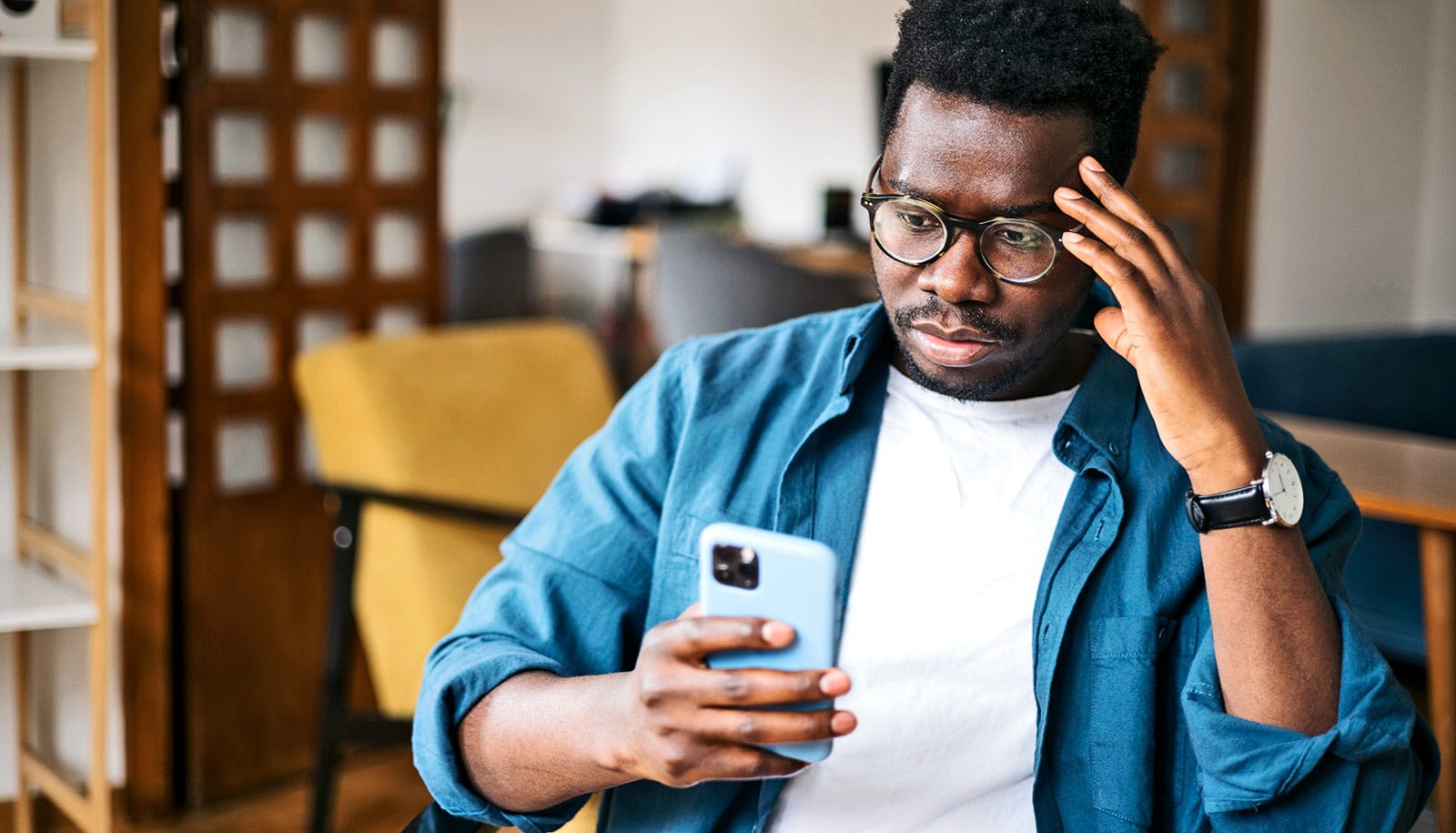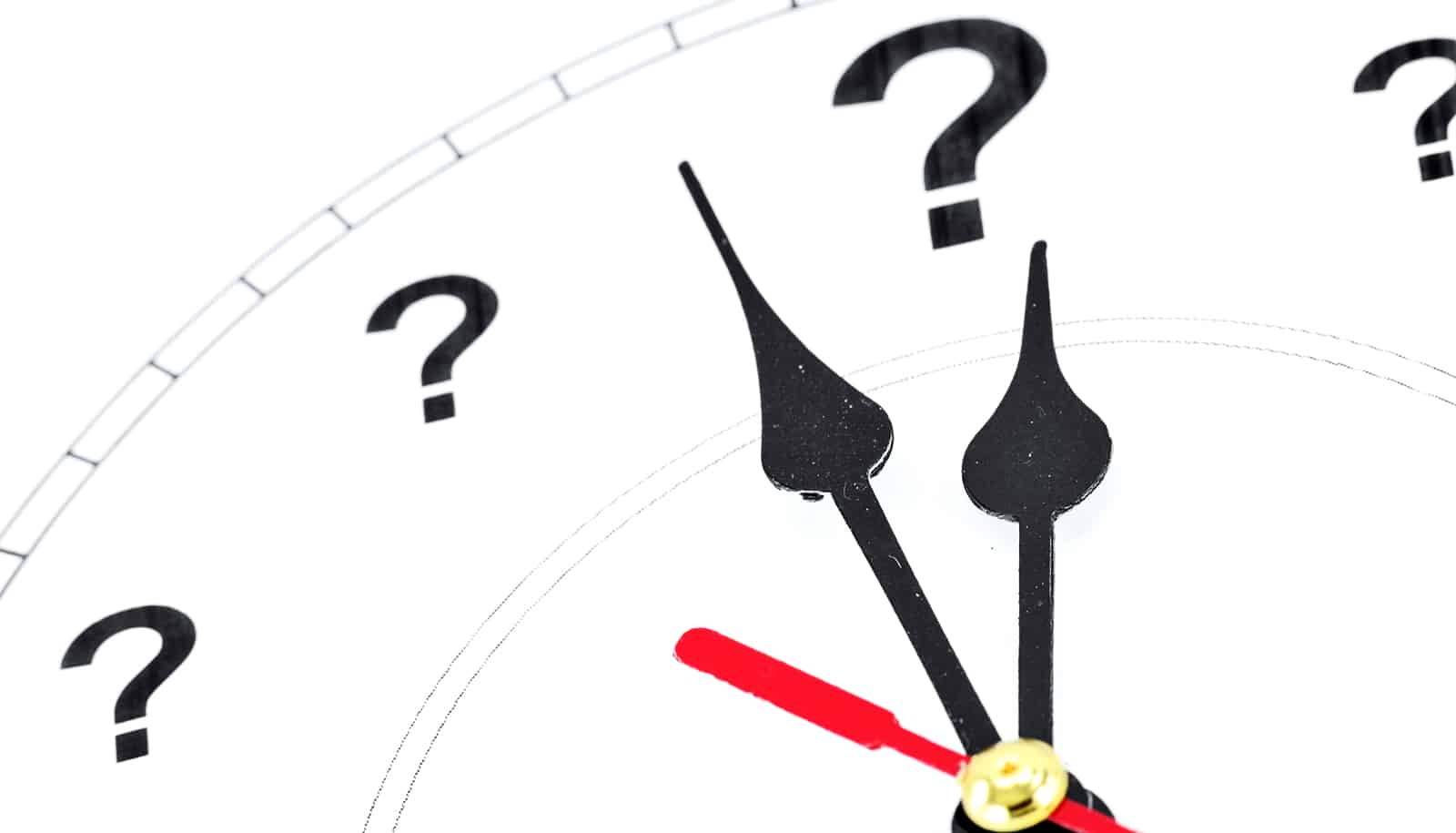Extroverted people developed new strategies that helped them feel happier than those who didn’t find alternatives to socializing during COVID-19 social restrictions, according to a new study.
The pandemic disrupted routine life in ways that seemed to inspire people, often seen as “the life of the party,” to adapt their social energies to new settings and situations like participating in virtual gatherings, immersion in television, movies, and books, or keeping up with their favorite influencers and celebrities.
“People who used socially distanced social strategies during the pandemic felt happier than those who did not do those kinds of activities,” says Esha S. Naidu, a graduate student of psychology at the University at Buffalo. Naidu is first author of a new paper that deepens our understanding between extroversion and the need to belong, while also identifying effective social strategies for maintaining happiness when traditional options are limited.
Those socially distant strategies allowed extroverts to be both social and distant, a dual tactic that provided ways of maintaining a connection to daily life, feelings that Naidu says are critical to mental and physical well-being. And though many of these activities are things people do every day, and some might be considered isolating, previous research suggests that they provide important social connections even if the participants are not consciously aware of the benefits.
“During the pandemic, all of us struggled with how to navigate a new and challenging social landscape, and we might be continuing to do so as we remain COVID-cautious,” says Naidu. “Our work suggests that there are ways to find feelings of belongingness and connectedness, even when those seem to be out of reach.”
Extroverts were also more likely than introverts to explore these options and engage in these kinds of activities, according to the paper’s findings, which appear in the journal Personality and Individual Differences.
“We found that when extroverts were social distancing, they were more likely to use things like narratives and parasocial relationships to maintain their happiness, but when social distancing restrictions were lifted, they went back to more traditional socializing,” says Naidu.
That shift, from initial adaptation followed by a return to a more normal routine, is a course introverts did not necessarily follow during the pandemic.
“Introverts did not change their behavior regardless of what kinds of pandemic related restrictions were in place,” says Naidu. “Because extroverts showed this flexibility in adjusting their ways of socializing, it seems like their happiness during the pandemic was less affected than what introverts experienced.”
But the findings have utility beyond the pandemic related insights they provided and can be applied to other situations that disrupt how people are accustomed to meeting their social needs.
“Painful breakups or moving to a new city may have people adjusting when and how to meet their social needs,” says Naidu. “The current work suggests that extroverts might be more likely to adapt well to these kinds of situations, whereas introverts may need more encouragement or might need to be made aware of other options that are available to them—and reminded of the importance of engaging in them.”
Naidu’s research team, which included Shira Gabriel, a professor of psychology, and Elaine Parvati, a graduate student of psychology, collected data using online surveys at several different time points to capture how participants’ behavior changed at different stages of the pandemic, including experiences prior to the imposition of restrictions, during the pandemic’s peak in March 2020, and one year later, when restrictions were being lifted.
“The pandemic provided us with a unique context to further explore the importance of social connections at a time when the options to connect with family and friends in-person were limited,” says Naidu. “Hopefully this work can help people who are feeling isolated to remember that there are simple ways to feel connected.
“As long as you seek them out!”
Source: University at Buffalo



